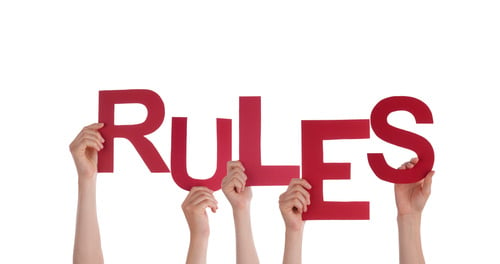As an HOA board member, it's important to understand the roles and responsibilities of those in charge of setting up the rules in your community. The primary individuals responsible for this task are the board of directors, also known as the board of trustees or board of managers.
The board of directors is elected by the members of the HOA and is responsible for making decisions on behalf of the community. This includes setting rules and regulations for the community, as well as enforcing those rules. The board also sets the budget for the community, manages the finances, and oversees the maintenance and upkeep of common areas.
The HOA board of directors works within the parameters set by the community's governing documents, which include the declaration of covenants, conditions, and restrictions (CC&Rs) and the bylaws. These documents outline the rights and responsibilities of the board, as well as the rights and responsibilities of the individual members of the community.
Can the HOA rules contradict the governing documents?
HOA rules cannot contradict the governing documents, such as the declaration of covenants, conditions, and restrictions (CC&Rs) and the bylaws. These documents outline the rights and responsibilities of the board, as well as the rights and responsibilities of the individual members of the community.
If an HOA rule contradicts the governing documents, it’s considered invalid and unenforceable. For example, if the CC&Rs state that all homes in the community must be painted a specific color and an HOA rule is created stating that homes can be painted any color, the HOA rule would be invalid.
It's also important to remember that any changes to the governing documents must be made through the proper amendment process, which typically requires a vote of the membership and may also require approval from the state or local government.
HOA rules cannot contradict the governing documents, and any changes to the governing documents must be made through the proper amendment process. It’s important for the HOA board to stay informed on the community's governing documents and to make sure that any rules they create align with these documents.
Can any other member of the HOA make rules?
While the board of directors is ultimately responsible for setting the rules in an HOA, they also have the power to delegate certain tasks to committees. These committees may be made up of both board members and community members and may include a rules committee or an architectural review committee. The committees are responsible for making recommendations to the board on specific issues, such as proposed rule changes or architectural modifications to individual properties.
The HOA board of directors is ultimately in charge of setting up the rules in an HOA, working within the parameters set by the community's governing documents. The board also has the power to delegate certain tasks to committees made up of both board members and community members. It is important for every HOA board member to familiarize themselves with their roles and responsibilities, as well as the community's governing documents, to ensure the smooth running of their association.

.jpg)








